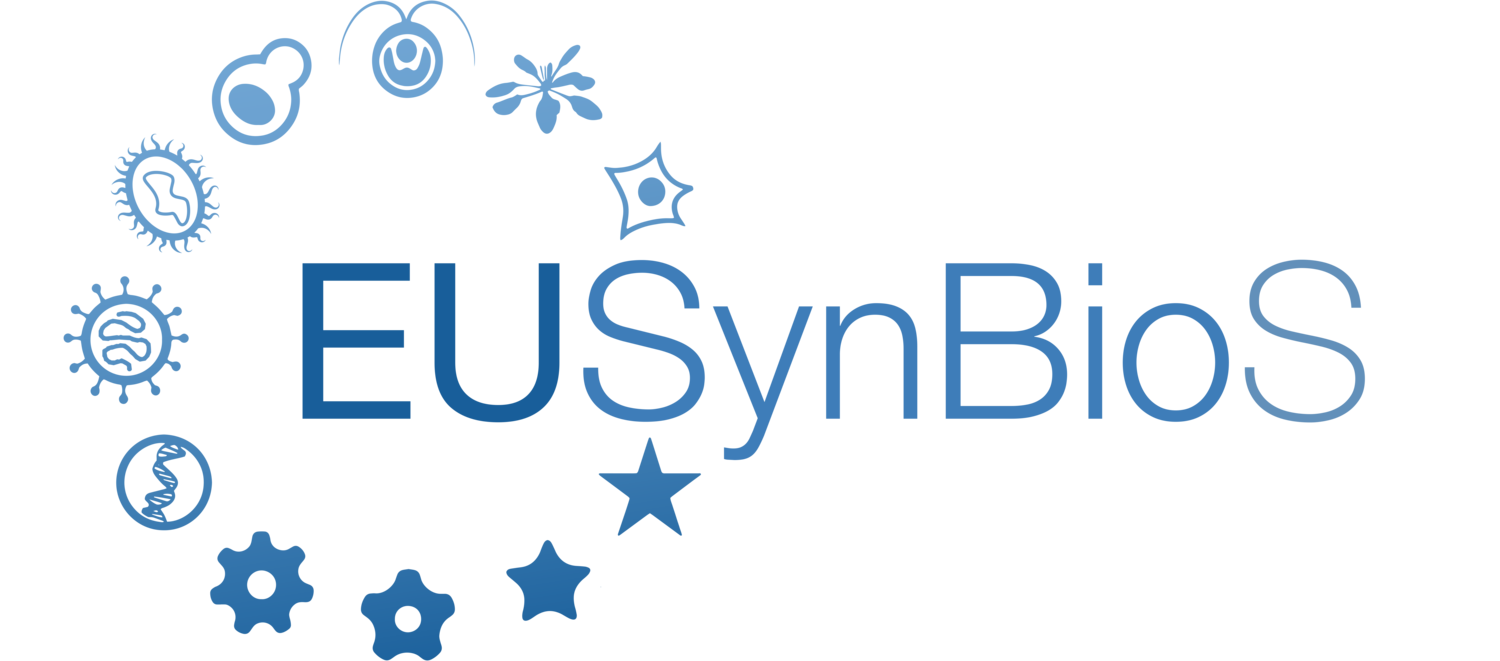A look at tomorrow
Normal0falsefalsefalseES-TRADJAX-NONE/* Style Definitions */table.MsoNormalTable{mso-style-name:"Table Normal";mso-tstyle-rowband-size:0;mso-tstyle-colband-size:0;mso-style-noshow:yes;mso-style-priority:99;mso-style-parent:"";mso-padding-alt:0cm 5.4pt 0cm 5.4pt;mso-para-margin:0cm;mso-para-margin-bottom:.0001pt;mso-pagination:widow-orphan;font-size:12.0pt;font-family:Cambria;mso-ascii-font-family:Cambria;mso-ascii-theme-font:minor-latin;mso-hansi-font-family:Cambria;mso-hansi-theme-font:minor-latin;mso-ansi-language:ES-TRAD;mso-fareast-language:ES;}The second Hello Tomorrow Conference was held on the 25th and 26th of June at the Cité des Science et de l‘Industrie in Paris. Vanessa Munoz assisted with the conference and talks here about the event and her favourite sessions.
Hello Tomorrow is a global start-up competition focused on technology, with participants from around 80 countries. This year, there were around 3,600 applications in six categories: Food and agriculture, manufacturing and materials, environment and energy, healthcare, information technologies and transportation and mobility. Five start-ups are selected per category, and the 30 semifinalists attend the event in Paris to show the assistants and potential investors what they have to offer. The 30 semifinalists also receive three months of mentoring with experts from several fields, to help them boost their potential as start-ups and prepare for the competition.
Through the two days of the event, semifinalists pitched in front of all the assistants and the jury and at the end of the last day the winning team from each category was announced. The winners per category received a prize of 15,000 euros. However, to win the Grand Prize they had to give a final speech to convince the audience and the jury that they were the best start-up in the whole event and explain why they deserved to get the 100,000 euro Grand Prize.
In parallel with the participants’ exhibitions and presentations, there were ten keynote sessions and four expert panels to address transversal issues. The workshops were focused on the challenges and possibilities of the start-up and tech environment. Meanwhile, the talks were given by speakers from established tech-companies, entrepreneurs and biotech researchers relating their stories and experiences in the entrepreneurship world or explaining their technology.
The contents of the talks were of such substance that many times assistants (including myself) were in two minds, trying to decide which talk to attend. For the interest of our community, I will describe two of my favorite biotech related talks:
Nina Tandon from MIT and Epibone (www.epibone.com): With amazing story-telling ability, Nina engaged the audience talking about her life and how her interest in vision problems arose, around the context of her family. She then jumped forward, talking about engineering tissue and displaying all her work around rebuilding bones with our own stem cells for bone grafts that remain alive.
Timothy Lu from MIT: This talk foresaw the future of genetically programming cells. As the speaker said, everything we can do with the computer, we can do with biology. He focused the talk around an example of programming bacterial communities to fight illnesses and to make us healthier. And of course all of this technology is supported by synthetic biology!
I would like to conclude by talking about what I found to be the highlight of the event—the closing talk giving by Gregoire Courtine, member of G-Therapeutics, the winning team of last year’s event. G-Therapeutics’ goal is to enable individuals with permanent spinal injuries to walk again. Gregoire described the journey that they have had since they won last year’s prize. He showed us their proof of concept studies in rats, which were motivated to walk by that most powerful Swiss medicine: chocolate! The videos and inspiring speech left the audience hopeful about Tomorrow.
Besides opening a whole cache of possibilities for the future, the most memorable part of Hello Tomorrow was the inspiring drive and energy of people that want to change the world. Such inspiration was transmitted to assistants in a way that every person I came across during the conference manifested a desire to participate in the future or to dig into their ideas in the start-up world.
To get more information about the finalists and winners of this competition, visit: www.hello-tomorrow.org
Written by:
Vanessa Munoz
Vanessa is studying for her Masters in Biotechnology and is interning at the Synthetic biology lab at the Pasteur Institute. Follow her on twitter @vanessamug
Edited by: Devang Mehta
Disclaimer: Views and opinions expressed in EUSynBioS Pulse articles belong solely to the writer(s). They do not reflect the opinion of the Community, the Advisory Board or the Steering Committee

